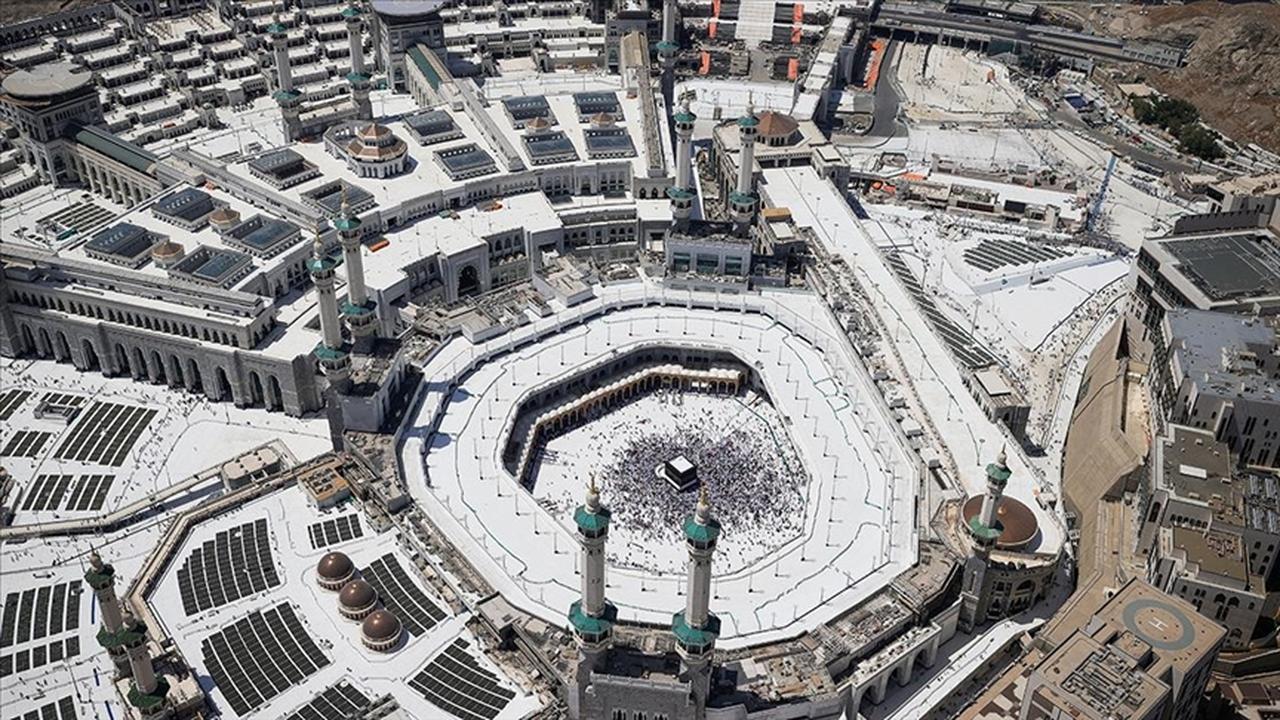
Saudi Arabia is employing smart technologies and AI-powered platforms to assist nearly two million Muslim pilgrims during this year’s Hajj. Authorities have introduced a range of advanced digital services designed to simplify and enhance the spiritual journey for pilgrims.
Among the new services is Manarah 2, an AI-powered robot that communicates in more than 20 languages, offering real-time information and support to pilgrims at key sites. Pilgrims also have access to Nusuk cards, which allow them to schedule visits to the Holy Rawdah at the Prophet’s Mosque.
Through these cards, pilgrims can also access their contact details and accommodation information, helping to reduce incidents of lost or missing individuals.
The Makkah Bus Guidance Center, enhanced with smart technology, will work in coordination with the Nusuk platform and the Arshidni smart system to ensure pilgrims are safely and accurately transported to their lodgings. Tawakkalna, a mobile health application, will keep pilgrims informed about their health status and offer access to essential medical services.
Saudi Arabia is also set to launch the Smart Enrichment Assistant, a cutting-edge app that provides multilingual information on a variety of useful services, such as prayer times, imam schedules, and the locations of religious lectures. In addition, Saudi authorities have introduced the Makkah Route Initiative, a premium service designed to simplify travel procedures for pilgrims in their home countries, ensuring a smooth and efficient process at their departure points.
Riyadh has also implemented a luggage coding and sorting system to streamline baggage handling at departure airports and ensure delivery to pilgrims’ accommodations in Mecca or Medina.
Mobile applications are also available to support the recitation and study of the Quran, helping pilgrims deepen their spiritual experience. Saudi officials report that over 1.2 million pilgrims have already arrived in the kingdom ahead of the Hajj pilgrimage, which is scheduled to begin next week.
The Hajj pilgrimage is the fifth pillar of the Islamic faith—a ritual that must be performed by all Muslims, if financially viable, at least once in their lives.
The ritual includes several rituals meant to symbolize the essential concepts of the Islamic faith and to commemorate the trials of the Prophet Abraham and his family.